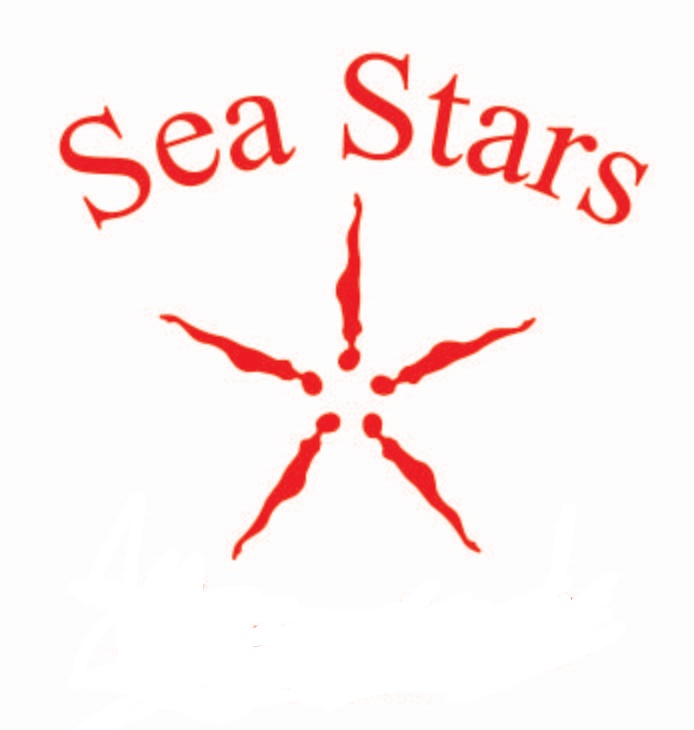COVID-19 INFORMATION
COVID -19 FAQ'S AND UPDATES
The Sea Stars are taking every precaution to ensure a safe return to the pool and season. Check here for updates on COVID-19 information as it pertains to the sport and club.
The above link will direct you to determine next steps if you have been told you are a close contact. If you have tested positive or are a presumed positive based on close contact and symptoms please follow the isolation requirements here and follow the close contact tracing information.
COVID Information (the following has been taken from the CAS return to sport document and the Government of NL website)
What is COVID-19? COVID-19 is a type of coronavirus mostly found in animals, but when humans become infected, symptoms can range from mild to severe depending on a number of variables. The World Health Organization declared COVID-19 a global pandemic on March 11, 2020.
How is COVID-19 spread? COVID-19 is highly transmissible from person-to-person. The virus is primarily spread between people during close contact, most often via small droplets produced by coughing, sneezing, and talking. The droplets usually fall to the ground or onto surfaces rather than travelling through air over long
distances. People catch COVID-19 by touching these objects or surfaces, then touching their eyes, nose, or mouth. People can also catch COVID-19 if they breathe in droplets from a person with COVID-19. The virus can persist in the air for up to three hours and on a variety of surfaces for up to 5 days. The virus is most contagious during the first three days after the onset of symptoms, although spread is possible before symptoms appear (pre-symptomatic), and can even be spread from people who may not show symptoms (asymptomatic).
What are the symptoms? Symptoms of COVID-19 are defined as having two or more of the following (new or worsening):
- Fever (or signs of a fever, including chills, sweats, muscle aches, lightheadedness)
- Cough Headache
- Sore throat
- Painful swallowing
- Runny nose
- Diarrhea
- Loss of sense of smell or taste
- Unexplained loss of appetite
OR - Small red or purple spots on your hands and/or feet
The severity of symptoms can range from mild to severe. Current information suggests that most cases are not severe nor do they require hospitalization.
What is Physical Distancing? Physical (social) distancing means limiting your physical contact with other people in order to stop, slow down or contain the spread of COVID-19.
What is self-isolating? Self isolating is staying at home and avoiding contact with others. In general self-isolation occurs when someone you have had contact with may have or have had an exposure to COVID-19. By avoiding others and staying home, you help slow the spread of COVID-19. Please see the Government NL website for how best to self-isolate.
What is quarantine? If someone has been exposed to the virus and who are at risk for developing COVID-19 or those that have been confirmed positive might practice self-quarantine. Health experts recommend that self-quarantine lasts 14 days. Two weeks provides enough time for them to know whether or not they will become ill and be contagious to other people. This is similar to self isolation, but with stricter and more rigorous regulations. If someone has been confirmed positive for COVID-19 there may be a longer timeline for quarantine that will be determined by public health professionals.
What is self-monitoring? It is important to know the symptoms of COVID-19 and to act appropriately if you have those symptoms. Self monitoring is paying attention to your own health and following the proper protocols if you develop any of the known symptoms.
Useful Links
Canadian Artistic Swimming COVID Resources
Canadian Artistic Swimming Return to sport
Government of Newfoundland and Labrador
© Copyright Sea Stars
